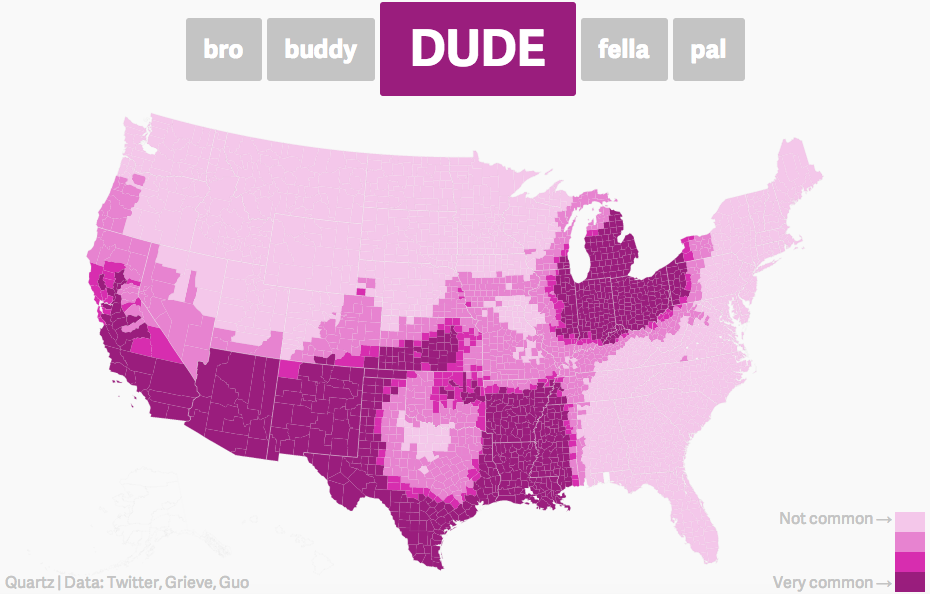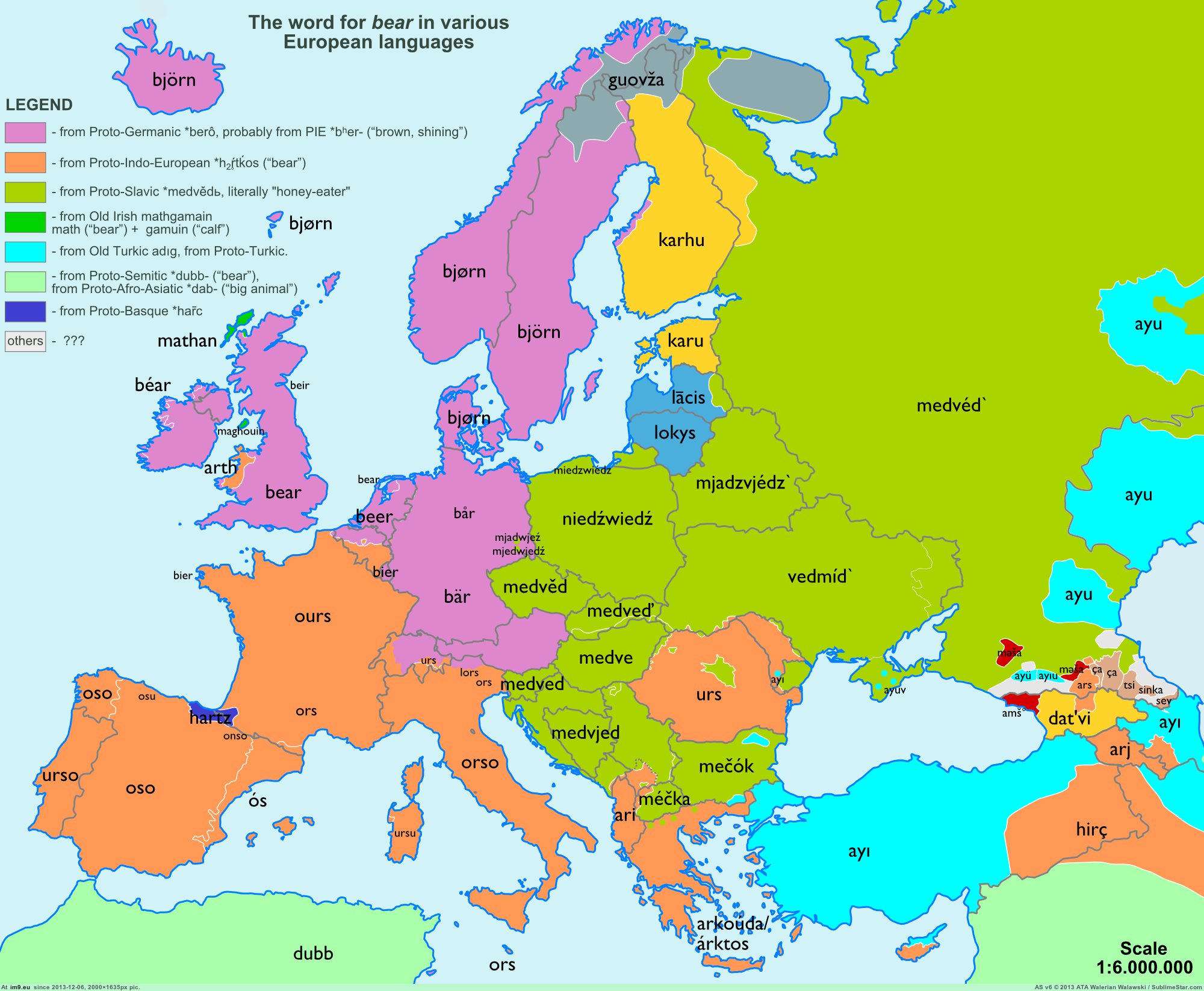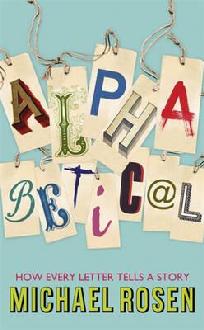Frequent readers will know that I’m intrigued by social science research into the human condition. Well, this collection of studies is fascinating. To summarize the general finding: you are less likely to follow ethical behavior if you happen to be thinking in an acquired, second language. Put another way, you are more moral when you think in your mother tongue.
Perhaps counter-intuitively a moral judgement made in a foreign language requires more cognitive processing power than one made in the language of childhood. Consequently, moral judgements of dubious or reprehensible behavior are likely to be seen as less wrong than those evaluated in native tongue.
I suppose there is a very valuable lesson here: if you plan to do some shoplifting or rob a bank then you should evaluate the pros and cons of your criminal enterprise in the second language that you learned in school.
From Scientific American:
What defines who we are? Our habits? Our aesthetic tastes? Our memories? If pressed, I would answer that if there is any part of me that sits at my core, that is an essential part of who I am, then surely it must be my moral center, my deep-seated sense of right and wrong.
And yet, like many other people who speak more than one language, I often have the sense that I’m a slightly different person in each of my languages—more assertive in English, more relaxed in French, more sentimental in Czech. Is it possible that, along with these differences, my moral compass also points in somewhat different directions depending on the language I’m using at the time?
Psychologists who study moral judgments have become very interested in this question. Several recent studies have focused on how people think about ethics in a non-native language—as might take place, for example, among a group of delegates at the United Nations using a lingua franca to hash out a resolution. The findings suggest that when people are confronted with moral dilemmas, they do indeed respond differently when considering them in a foreign language than when using their native tongue.
In a 2014 paper led by Albert Costa, volunteers were presented with a moral dilemma known as the “trolley problem”: imagine that a runaway trolley is careening toward a group of five people standing on the tracks, unable to move. You are next to a switch that can shift the trolley to a different set of tracks, thereby sparing the five people, but resulting in the death of one who is standing on the side tracks. Do you pull the switch?
Most people agree that they would. But what if the only way to stop the trolley is by pushing a large stranger off a footbridge into its path? People tend to be very reluctant to say they would do this, even though in both scenarios, one person is sacrificed to save five. But Costa and his colleagues found that posing the dilemma in a language that volunteers had learned as a foreign tongue dramatically increased their stated willingness to shove the sacrificial person off the footbridge, from fewer than 20% of respondents working in their native language to about 50% of those using the foreign one. (Both native Spanish- and English-speakers were included, with English and Spanish as their respective foreign languages; the results were the same for both groups, showing that the effect was about using a foreign language, and not about which particular language—English or Spanish—was used.)
Using a very different experimental setup, Janet Geipel and her colleagues also found that using a foreign language shifted their participants’ moral verdicts. In their study, volunteers read descriptions of acts that appeared to harm no one, but that many people find morally reprehensible—for example, stories in which siblings enjoyed entirely consensual and safe sex, or someone cooked and ate his dog after it had been killed by a car. Those who read the stories in a foreign language (either English or Italian) judged these actions to be less wrong than those who read them in their native tongue.
Read the entire article here.

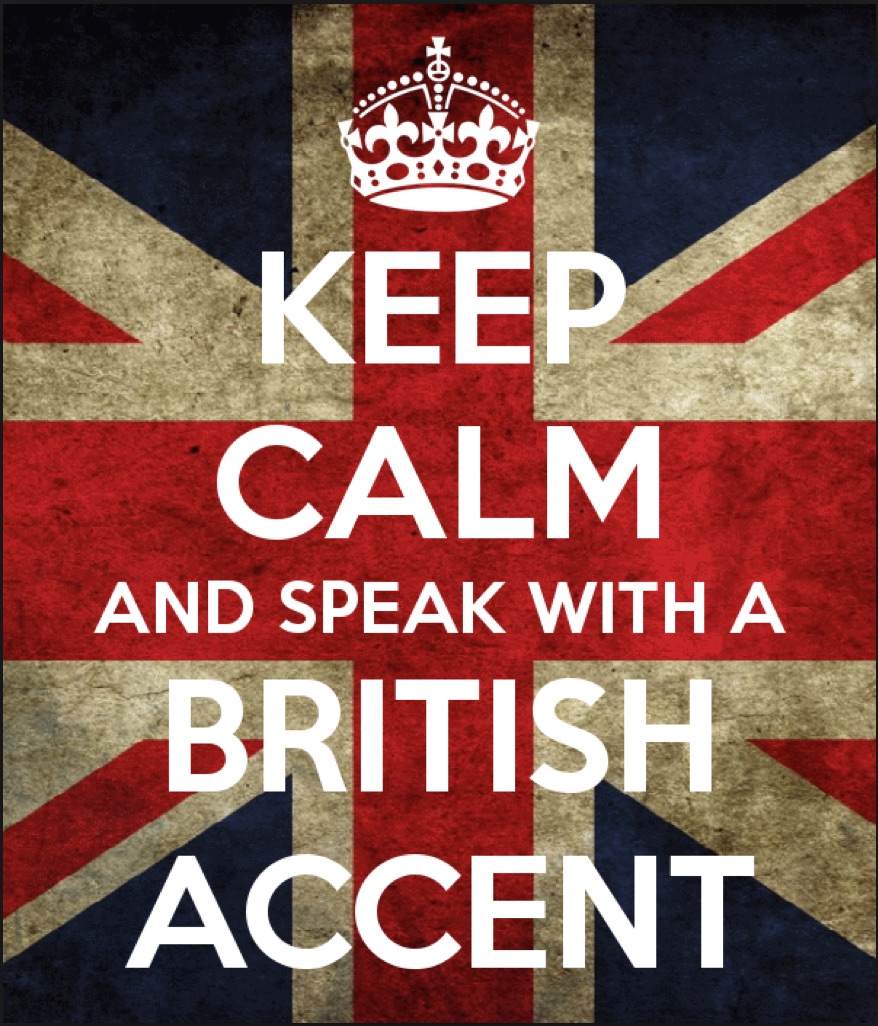
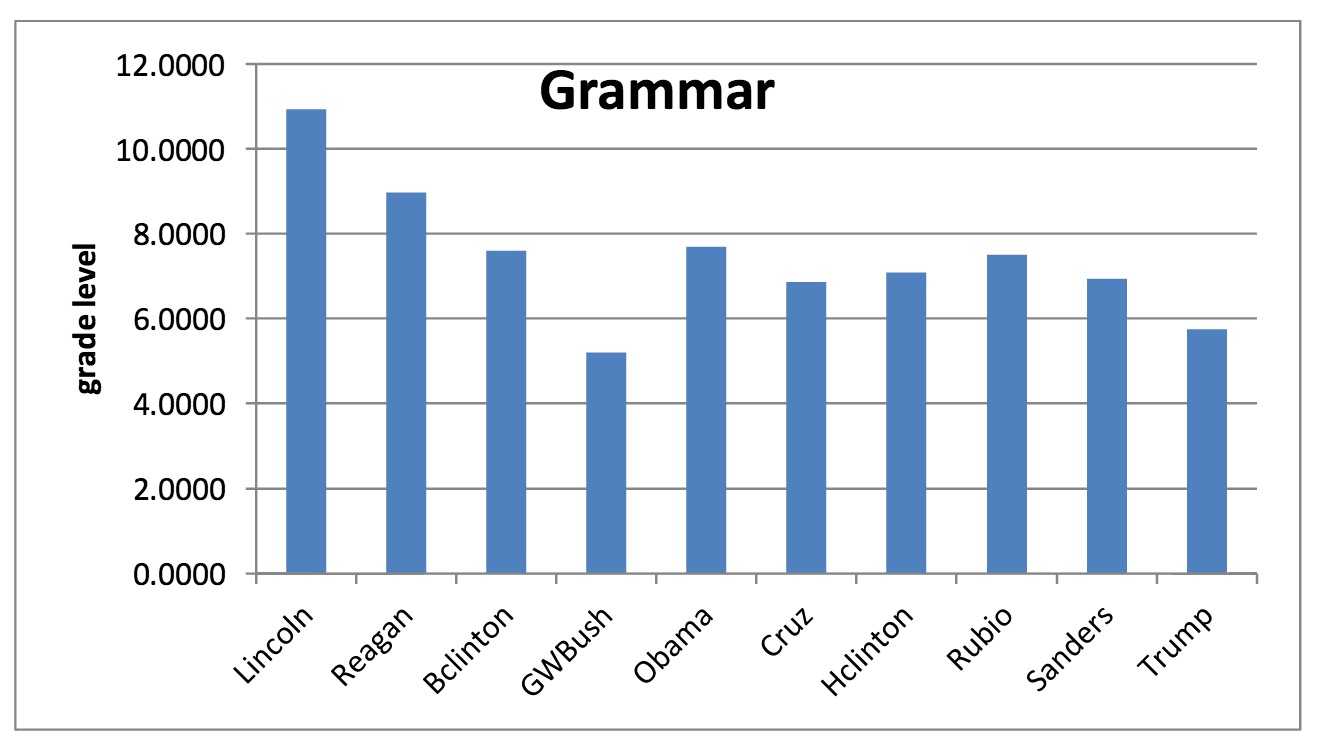
 The French have a formal language police.
The French have a formal language police.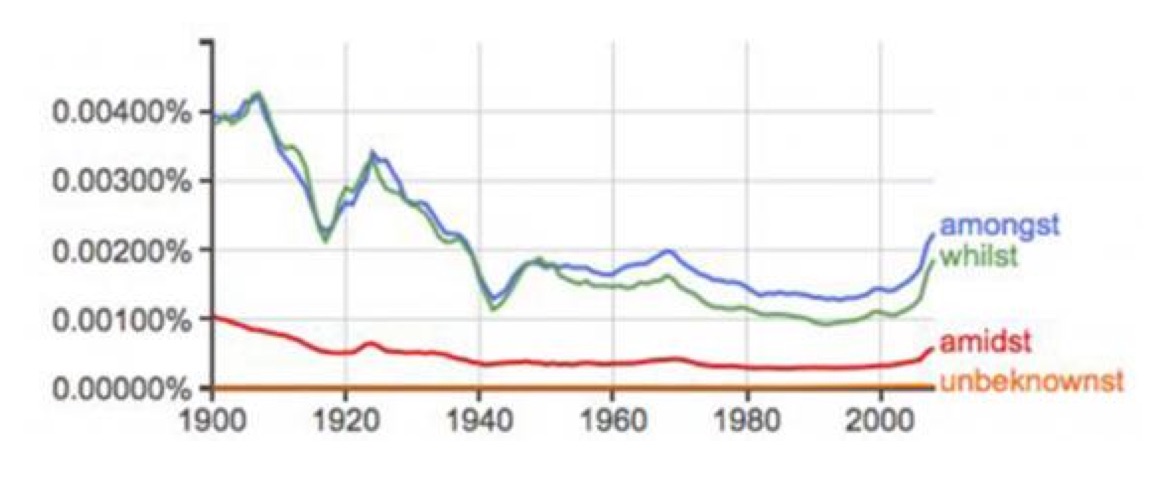


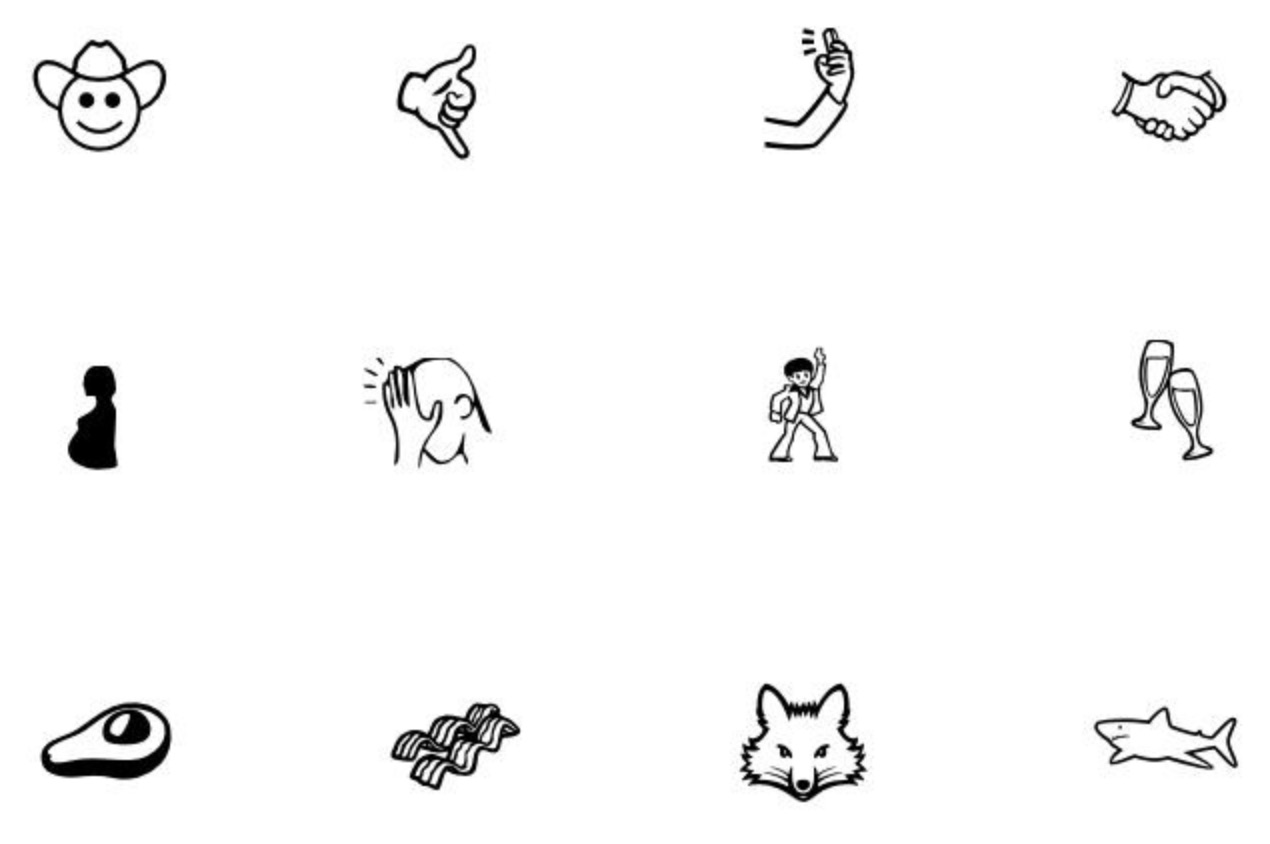
 Government officials in Florida are barred from using the terms “climate change”, “global warming”, “sustainable” and other related terms. Apparently, they’ll have to use the euphemism “nuisance flooding” in place of “sea-level rise”. One wonders what literary trick they’ll conjure up next time the state gets hit by a hurricane — “Oh, that? Just a ‘mischievous little breeze’, I’m not a scientist you know.”
Government officials in Florida are barred from using the terms “climate change”, “global warming”, “sustainable” and other related terms. Apparently, they’ll have to use the euphemism “nuisance flooding” in place of “sea-level rise”. One wonders what literary trick they’ll conjure up next time the state gets hit by a hurricane — “Oh, that? Just a ‘mischievous little breeze’, I’m not a scientist you know.”
